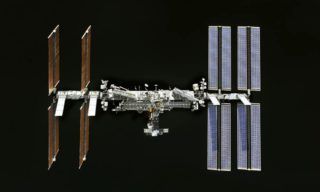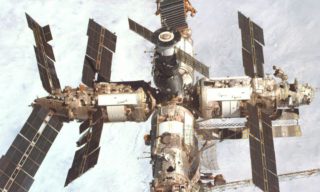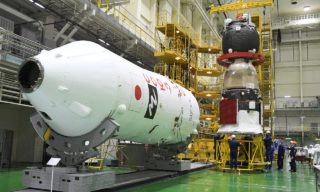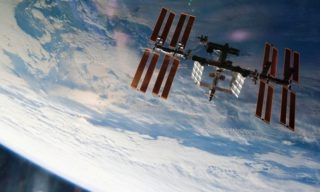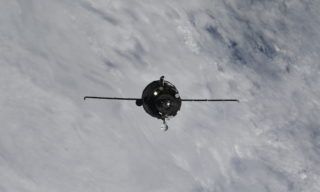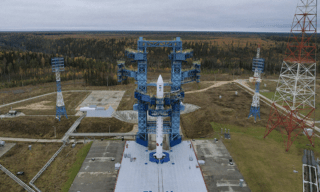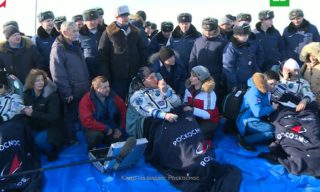The project of new Russian super heavy booster designed for deep space exploration is to be based on methane technologies, – the source stated.
Earlier it was reported that the design of Russian super heavy Yenisei booster is to be reviewed and newest technologies are to be applied.
Due to this decision the first Russian manned moon missions will be sent to space by Angara boosters.
It was initially supposed that Yenisei will be using as fuel oxygen and kerosene. The booster will have six fist stages of Soyuz-5 boosters with RD-171MV engines around central block that is the first stage of Soyuz-6 booster (RD-180MV engines) and DM-class upper stage.
In the future it is planned to develop Don booster of increased carrying capacity equipped with hydrogen stage.





